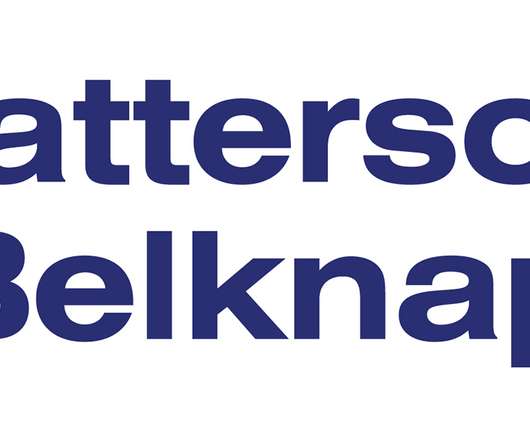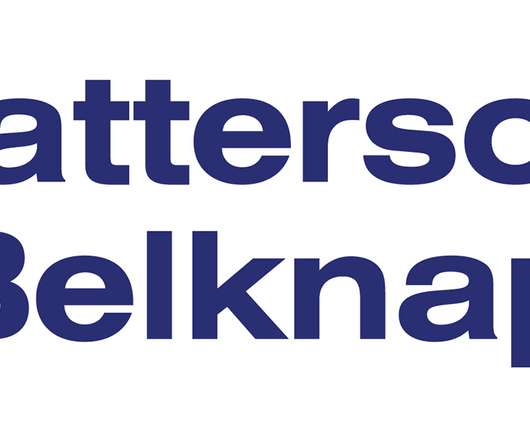Debtor may not Sell its Intellectual Property Free and Clear of Creditor’s Interests
ABI
JANUARY 25, 2024
John’s University School of Law American Bankruptcy Institute Law Review Staff Section 363 of title 11 of the United States Code (the “Bankruptcy Code”) allows a debtor to sell its bankruptcy assets free and clear of liens and interests only if certain circumstances are met. [1] Jae Hwang St. 22] [1] See 11 U.S.C. §


















Let's personalize your content